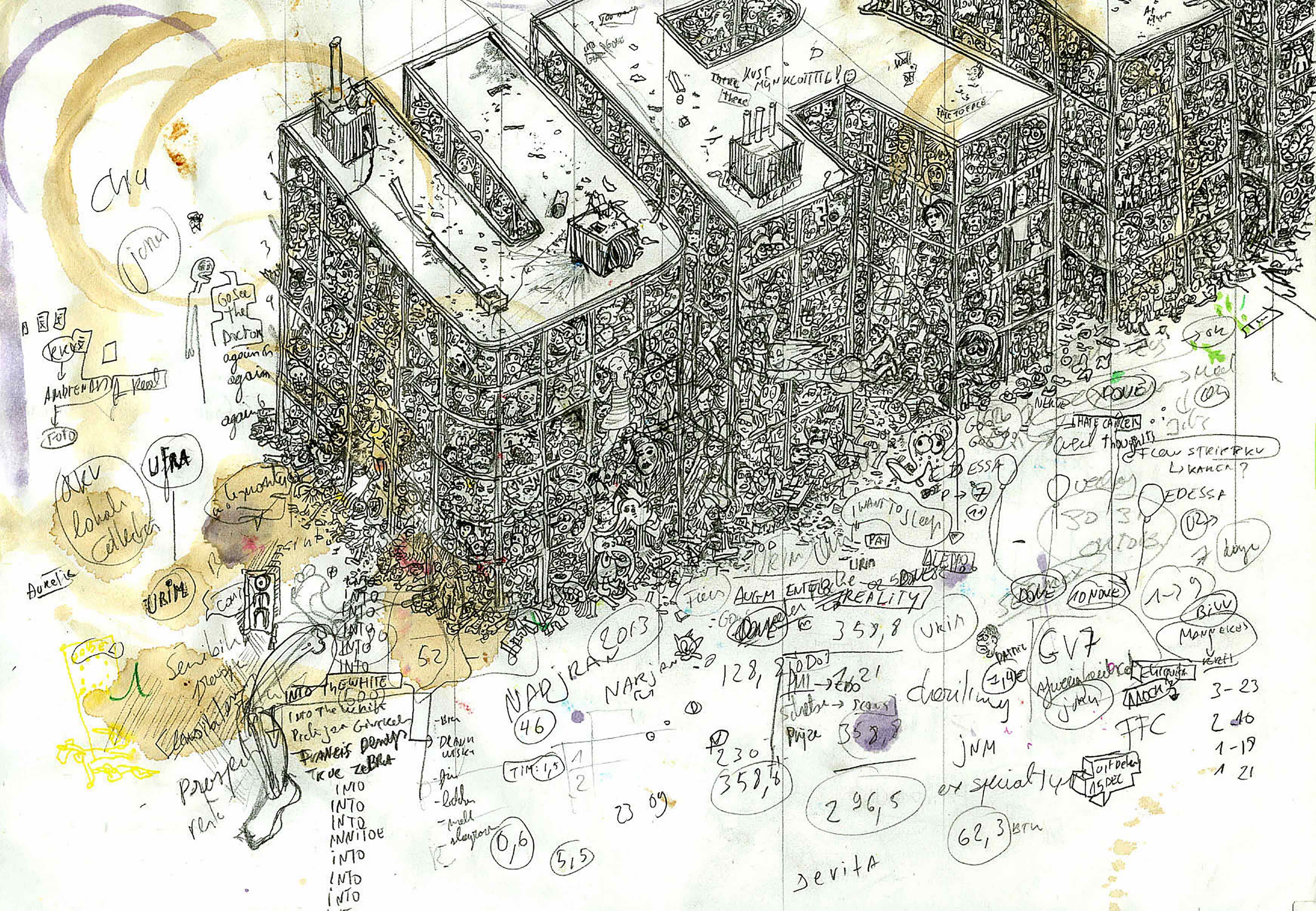The Aesthetic Experience of the Literary Artwork: A Matter of Form and Content?
DOI:
https://doi.org/10.58519/aesthinv.v1i1.12003Keywords:
aesthetic experience, literature, formalism, KivyAbstract
Ever since the introduction of aesthetics in philosophy, the literary arts have posed a challenge to common notions of aesthetic experience. In this paper, I will focus on the problems that arise when a formalist approach to aesthetics is confronted with literature. My main target is Peter Kivy's ‘essay in literary aesthetics’ Once-Told Tales, in which Kivy defends formalism and concludes from this approach that literature is a non-aesthetic art form. Contrary to Kivy, I will claim that we have good reasons to consider literature an aesthetic art form and, therefore, that the literary arts naturally pose a challenge to formalism. By showing the inextricable intertwining of form and content in literary artworks, I will demonstrate that the identification of so-called aesthetic properties with purely formal properties of a literary artwork is problematic.
Downloads
Downloads
Published
Issue
Section
License

This work is licensed under a Creative Commons Attribution 4.0 International License.
Authors who publish with this journal agree to the following terms:
Authors retain copyright and grant the journal right of first publication with the work simultaneously licensed under a Creative Commons Attribution License that allows others to share the work with an acknowledgement of the work's authorship and initial publication in this journal. Note: up to volume 4 issue 1, an incorrect copyright line appears in the PDFs of the articles.
Authors are able to enter into separate, additional contractual arrangements for the non-exclusive distribution of the journal's published version of the work (e.g., post it to an institutional repository or publish it in a book), with an acknowledgement of its initial publication in this journal.
Authors are permitted and encouraged to post their work online (e.g., in institutional repositories or on their website) prior to and during the submission process, as it can lead to productive exchanges, as well as earlier and greater citation of published work (See The Effect of Open Access).






